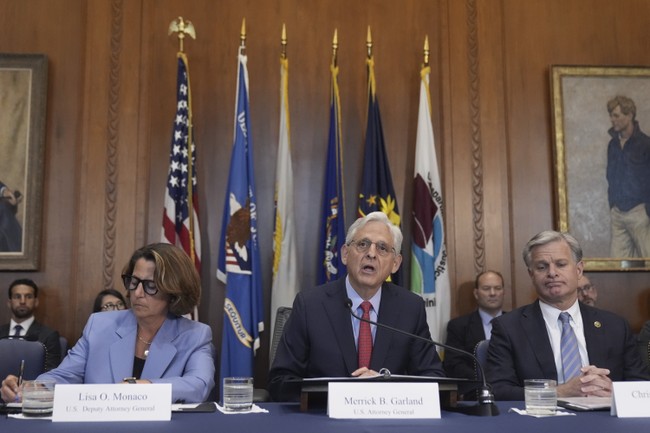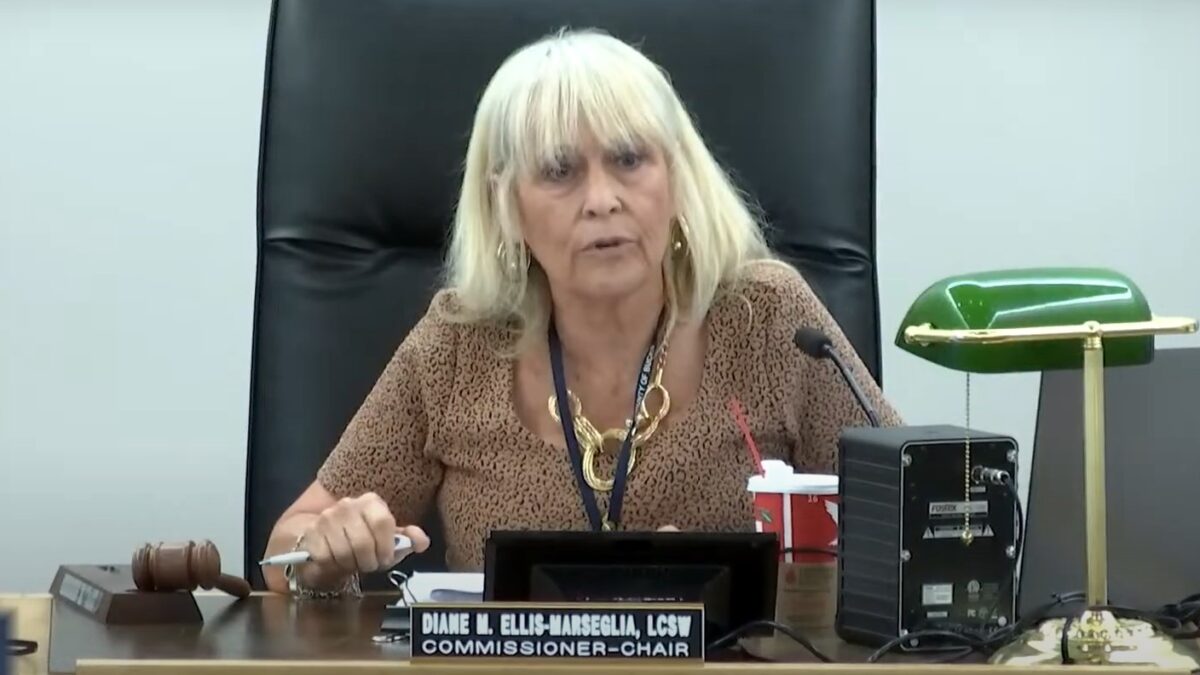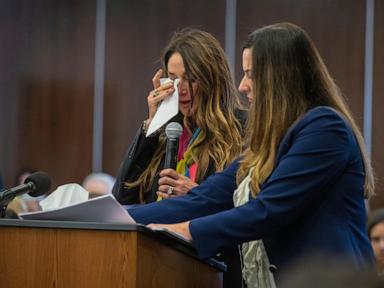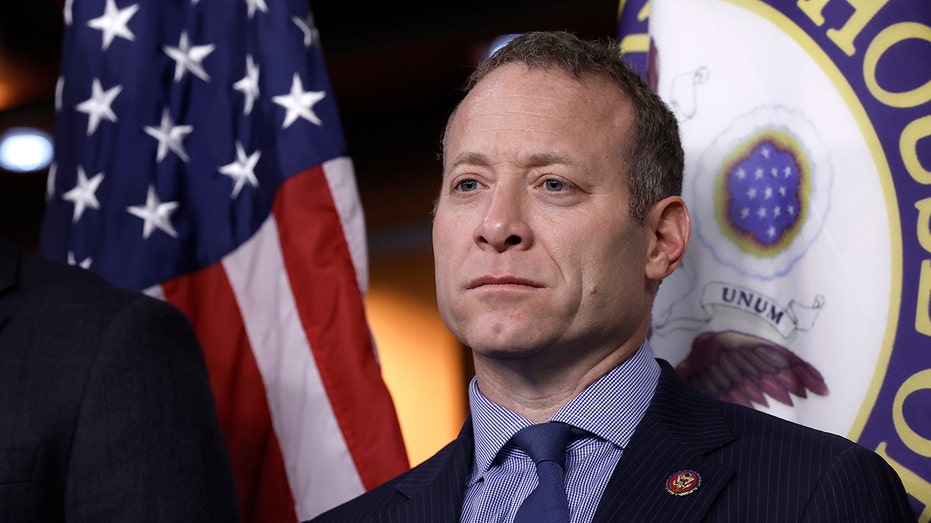Migrants are likely to continue their march to the southern U.S. border in a bid to enter the country before President-elect Donald Trump takes office, multiple experts tell Fox News Digital.
"They’re determined to make it into the U.S., one way or the other, because they’ve sold everything, they have nothing to go back to," independent journalist Auden Cabello, who extensively covered the border crisis, told Fox News Digital.
The comments come as some reports have indicated that some migrants traveling in caravans toward the U.S. border have decided to turn around in light of Trump’s victory, apparently fearing deportation under the incoming administration even if they were able to enter the country.
"This is the end of my dream of getting out of Cuba," a Cuban migrant named Felipe told Newsweek after the election.
TRUMP LIKELY TO MAKE SEVERAL BORDER SECURITY MOVES ON FIRST DAY, SAYS EXPERT
A Reuters report last week expressed a similar sentiment, with the outlet reporting that a caravan with thousands of migrants traveling through Mexico became half of its original size by Thursday.
But Lora Ries, director of the Heritage Foundation's Border Security and Immigration Center, said caravans typically begin to splinter when they get to Mexico and that a rush to the border is likely to continue for some migrants before the transition of administrations in the White House.
"Some will still rush to get in during the administration, calculating they won’t be sought or found for years," Ries told Fox News Digital. "Others may make the decision it isn’t worth it for them to complete the journey."
On the campaign trail, Trump has long promised to take drastic measures to "seal up those borders" while also promising to carry out one of the largest deportation operations in American history.
TRUMP'S 'BORDER CZAR' WARNS DEM GOVS REJECTING TRUMP DEPORTATION PLAN: ‘GET THE HELL OUT OF THE WAY’
Trump was also known for a more hard-line stance on the border during his first term as president, something migrants are likely to weigh as they consider whether to make the journey to the border.
Cabello expressed a similar sentiment to Ries, noting that many shelters in Mexico have continued to report overcrowding, while he expects some U.S. border sectors that have in recent months been almost silent to begin seeing groups of 100 to 200 attempt to cross the border daily.
Cabello also said that migrants splintering from caravans in Mexico are unlikely to stay in the country and will instead keep moving north, and migrants who are already on the way to the U.S. are not "going to go back on their own dime."
"They’re going to try to make it into the U.S., whether it’s through CBP One, legally or illegally," Cabello said. "That’s where I get the phrase ‘today’s rejected asylum seekers are tomorrow’s gotaways.’ Meaning, if they can't’ get in legally, they’re going to resort to smugglers to get in illegally."
.png)
 1 week ago
14
1 week ago
14















 English (US)
English (US)